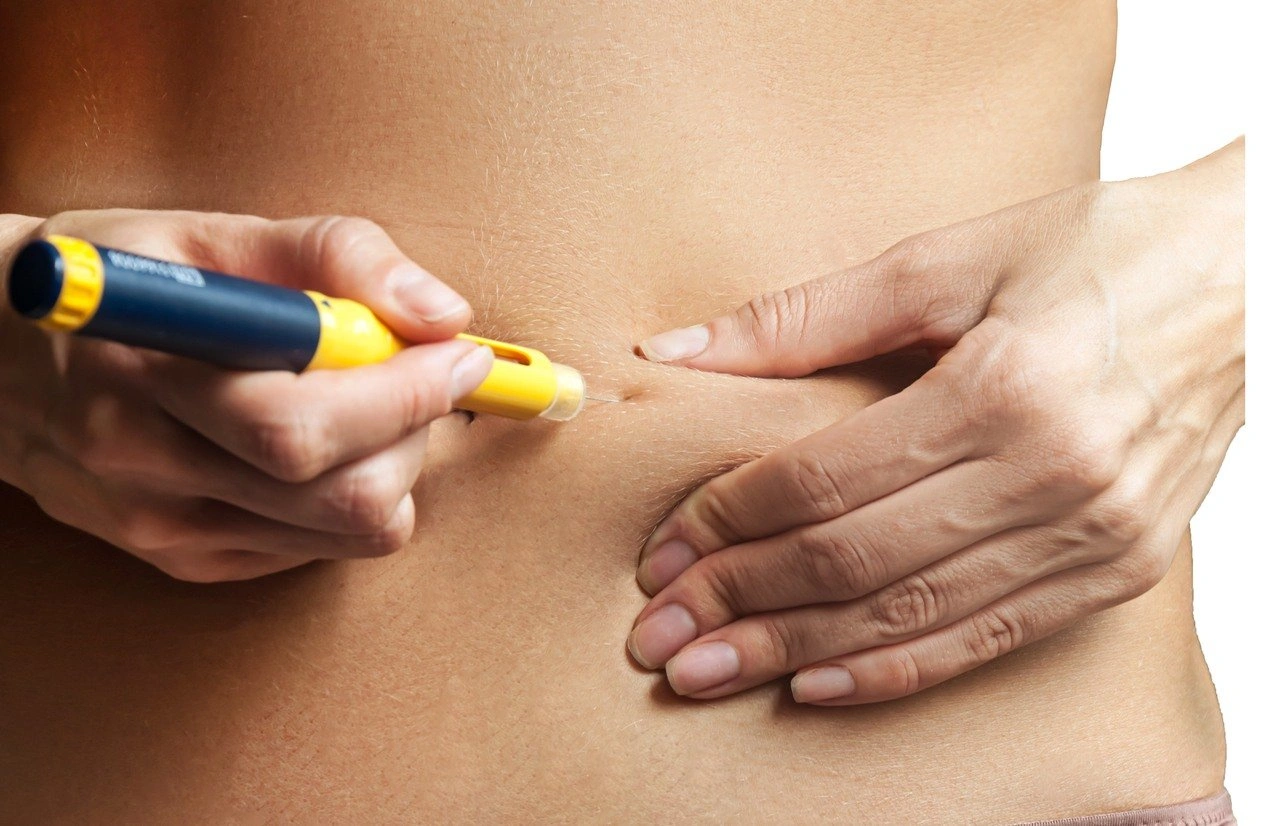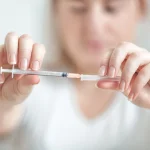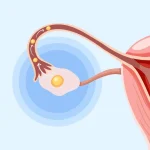How to Increase Egg Quality for IVF: 8 Expert Tips
When preparing for fertility treatment, one of the most common questions asked is, “How can I increase the quality of my eggs for IVF?” Egg quality plays a crucial role in the success of in vitro fertilization (IVF) influencing fertilization rates, embryo health, and implantation success.
While genetics and age are key factors, lifestyle choices, nutrition, and medical support can have a big impact on improving egg quality. With a few science-backed changes, you can help your body produce healthier, stronger eggs that respond better during IVF.
In this guide, we’ll explore why egg quality matters, what affects it, and how to enhance it before your IVF cycle.
Why Egg Quality Matters in IVF

Egg quality determines whether an egg can mature properly, be fertilized by sperm, and develop into a viable embryo. Healthy eggs have normal chromosomes, high energy levels, and strong cell integrity.
As women age, especially after age 35, both egg quantity and quality naturally decline due to reduced mitochondrial activity and accumulated DNA damage. This can result in lower IVF success rates or increased chances of miscarriage.
That’s why improving egg quality through lifestyle changes and medical care can significantly enhance your fertility outcome.
What Affects Egg Quality
Many internal and external factors influence egg health and understanding them helps you take control.
- Age: Ovarian reserve and egg quality decline with age due to natural hormonal and cellular changes.
- Lifestyle: Smoking, alcohol, poor diet, and high stress can reduce egg viability.
- Health conditions: Hormonal disorders like PCOS or thyroid disease disrupt egg maturation.
- Environmental toxins: Everyday exposure to chemicals like BPA and phthalates can interfere with reproductive function.
- Circulation and oxygenation: Poor blood flow to the ovaries limits nutrients essential for egg growth.
The good news is that many of these factors are modifiable through proactive care.
1. Eat a Fertility-Boosting Diet
Nutrition directly impacts egg quality. A Mediterranean-style diet rich in colorful vegetables, fruits, whole grains, lean proteins, and healthy fats has been shown to support fertility and ovarian health.
Focus on these nutrients:
- Folic acid: Reduces chromosomal abnormalities.
- Vitamin D: Supports hormone balance and ovarian function.
- Omega-3 fatty acids: Enhance egg membrane health and reduce inflammation.
- CoQ10: Boosts cellular energy within eggs for better development.
Avoid processed foods, sugary drinks, and trans fats, which can increase inflammation and oxidative stress.
2. Maintain a Healthy Weight
Being significantly underweight or overweight can affect hormone levels and ovulation. Research shows that maintaining a BMI between 20 and 25 improves egg quality and IVF outcomes.
A healthy weight helps balance estrogen and insulin levels, both crucial for egg maturation. Work with your fertility doctor or nutritionist to achieve a weight that supports your reproductive health.
3. Manage Stress Levels
Chronic stress affects hormones like cortisol and prolactin, which can interfere with ovulation and egg development. It may also reduce blood flow to the ovaries, limiting oxygen and nutrients.
Try stress-relief strategies such as yoga, deep breathing, meditation, or even spending quiet time in nature. Emotional wellness is just as vital to fertility as physical health.
4. Exercise in Moderation
Physical activity promotes circulation and hormonal balance, both essential for egg growth. However, excessive exercise can increase oxidative stress and disrupt menstrual cycles.
Choose moderate-intensity workouts like walking, cycling, or swimming 4–5 days a week. These support blood flow to reproductive organs without stressing your system.
5. Quit Smoking and Limit Alcohol
Smoking introduces harmful toxins such as nicotine and cadmium, which damage egg DNA and accelerate ovarian aging. Alcohol, especially in excess, can disrupt hormonal balance and increase oxidative damage.
For best results, avoid smoking entirely and limit alcohol to no more than one drink per week while preparing for IVF.
6. Take Fertility-Enhancing Supplements
Certain vitamins and antioxidants can improve egg quality when taken under medical supervision.
Recommended options include:
- CoQ10 (Coenzyme Q10): Improves mitochondrial function in eggs.
- DHEA: Supports ovarian reserve in women with low egg count.
- Vitamin D: Helps regulate hormones essential for reproduction.
- Omega-3 fatty acids: Reduce inflammation and boost cell health.
- Prenatal vitamins: Provide folic acid, iron, and B vitamins to support fertility.
Start supplements at least three months before IVF, since eggs mature over a 90-day cycle.
7. Get Enough Sleep
Sleep supports hormonal regulation, cell repair, and energy restoration. Aim for 7–9 hours of restful sleep each night to help maintain optimal reproductive function.
Tips for better sleep:
- Keep a consistent bedtime schedule
- Limit screen time before bed
- Reduce caffeine after noon
- Keep your bedroom dark and quiet
8. Limit Exposure to Environmental Toxins
Chemicals found in plastics, personal care products, and household cleaners can disrupt hormone production and egg health.
To minimize exposure:
- Use glass or stainless-steel containers instead of plastic
- Choose fragrance-free cleaning products
- Avoid heating food in plastic containers
- Opt for natural or organic cosmetics
Small, consistent choices can protect your reproductive system over time.
What Destroys Egg Quality?

Several factors can negatively impact egg health, especially over time. Understanding what to avoid is just as important as knowing what to include in your routine.
- Smoking and nicotine exposure: Damages DNA within eggs and accelerates ovarian aging.
- Chronic stress: Raises cortisol levels, disrupting hormone balance and egg development.
- Excessive caffeine or alcohol: Affects hormonal regulation and increases oxidative stress.
- Poor nutrition: Diets lacking essential vitamins, minerals, and antioxidants can impair cell function.
- Environmental pollutants: Chemicals like BPA, pesticides, and phthalates can interfere with reproductive hormones.
- Sleep deprivation: Reduces melatonin, a hormone that protects eggs from oxidative damage.
- Age: While not preventable, aging naturally reduces mitochondrial efficiency and increases chromosomal abnormalities.
By identifying and minimizing these risk factors, you can preserve egg quality and improve your chances of a successful IVF outcome.
How Long Does It Take to Improve Egg Quality?
Improving egg quality takes time, roughly three months, since each egg undergoes a 90-day maturation process before ovulation. Starting lifestyle changes 3–6 months before your IVF cycle gives your body the best chance to produce healthy, mature eggs.
Think of it as a preparation phase: the more you nourish your body now, the stronger your eggs will be later.
Final Thoughts
If you’re wondering how to increase egg quality for IVF, remember that small, consistent changes can make a big difference. Eating well, managing stress, and supporting your body with proper nutrients all contribute to better ovarian health.
While age and genetics play a role, your lifestyle is a powerful factor you can control. With professional guidance and care, you can optimize your body’s natural ability to produce high-quality eggs, giving your IVF journey the best chance of success.
At The Bridge Clinic, we understand that every fertility journey is unique. Our fertility specialists provide personalized IVF programs that focus on hormone balance, nutrition, and egg quality optimization to help you achieve the best results.
Contact The Bridge Clinic today to schedule a consultation and learn how we can help you improve egg quality and maximize your IVF success.
Follow us on our social media channels below:
Explore our related articles below:








